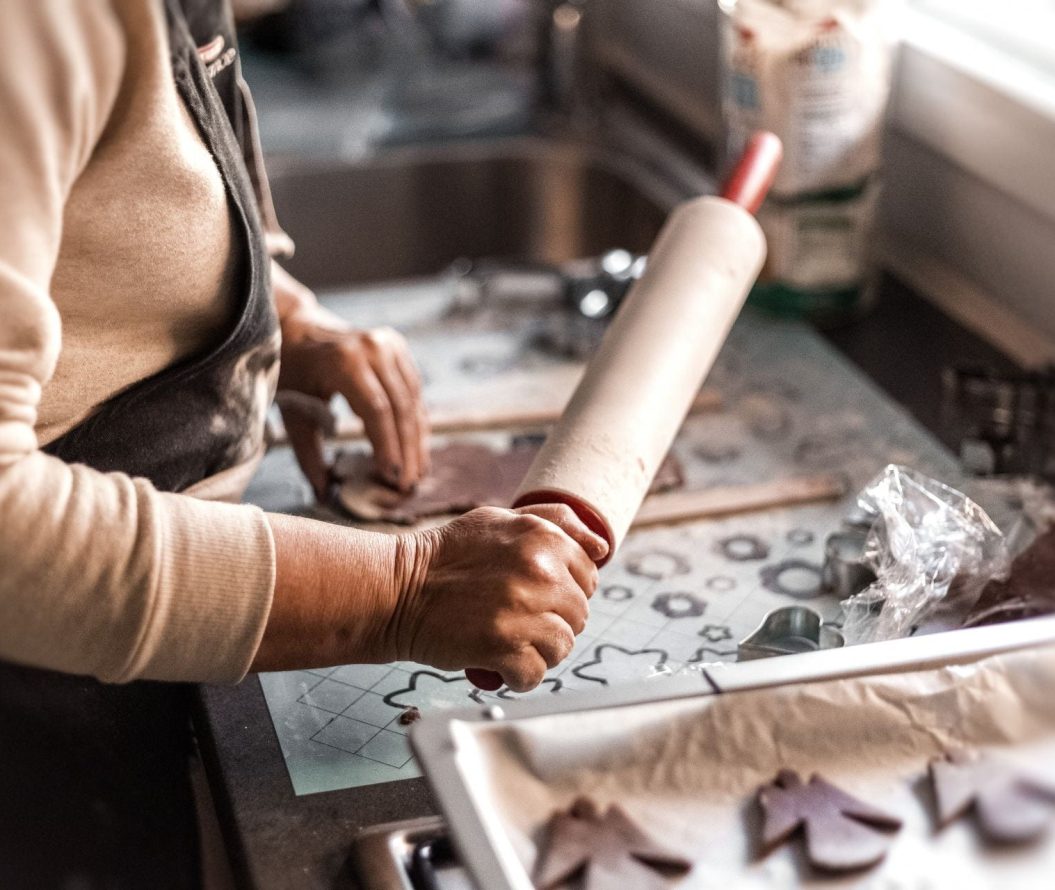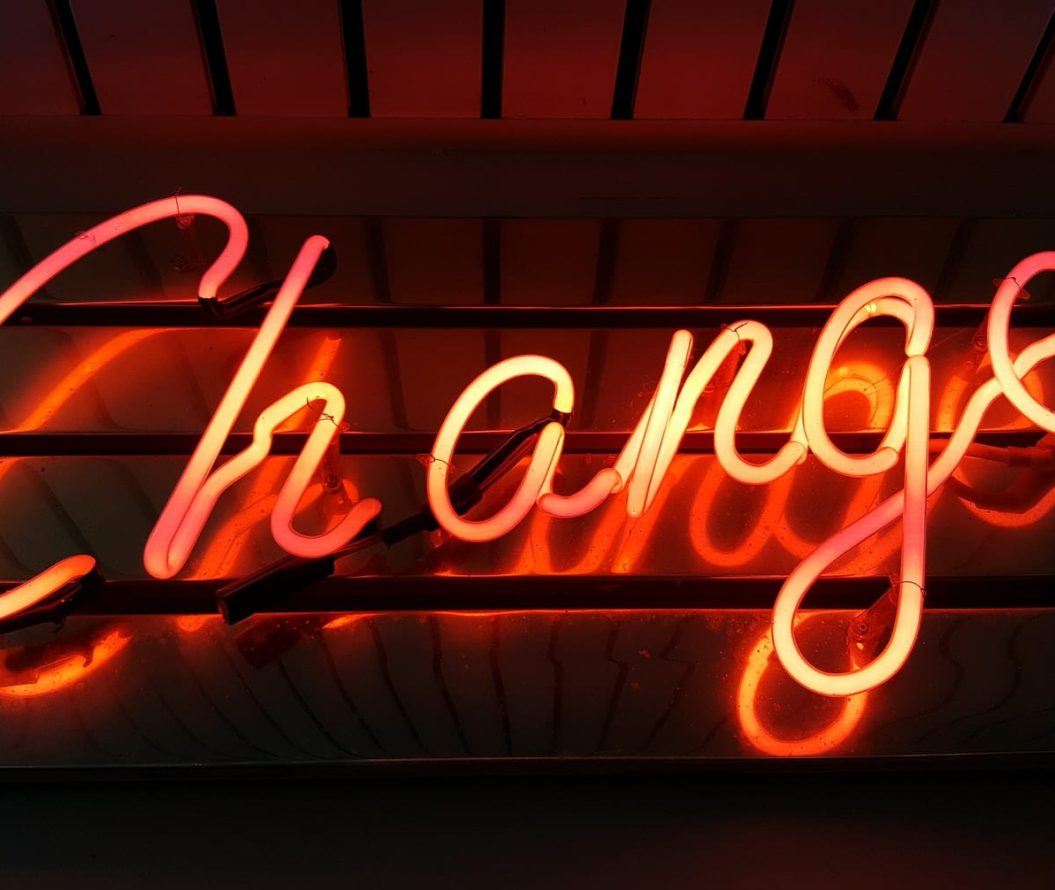Hi, I am George. I am a third year Geography student, I started creating content in my first year and have enjoyed every minute of it- I especially enjoy writing about environmental issues.
Global Recycling Day takes place on the 18th of March. The day is aimed at encouraging the repurposing of waste products in order to create a more sustainable circular economy, as well as prompting more thoughtful decision making when it comes to throwing things away. In light of this clear goal, here are a few points on the importance of recycling and some of the amazing ways things can be repurposed.
Reducing environmental damage
The production of things like plastic packaging, metal cans and glass jars all use up finite resources which are running out at extremely fast rates. Recycling these things into something else therefore ensures that these resources continue to have a purpose instead of heading to landfill sites. When waste is sent to landfills, methane is produced from the decomposing matter, accounting for around a quarter of all the UK’s greenhouse emissions. Space is also becoming increasingly limited for landfill sites, which means recycling is a necessity to conserve valuable space. As well as this, less energy is used when creating products from materials which are recycled because raw materials aren’t being extracted.
Composting
An interesting way in which you can recycle organic waste is by using a compost bin. This is a simple way to reduce the damage you have on the environment because waste is able to decompose with the presence of air, methane won’t be as prevalent. This is not the case when waste is buried in a landfill. Here, it biodegrades at a slower rate and releases tonnes of methane into the atmosphere. The same steps apply if the pile is inside in a container or outside:
- Start with a few layers of twigs to allow drainage (if outside ensure this is on the bare earth)
- Add the waste in layers changing between wet and dry materials
- Add manure (which isn’t from pets) and keep it moist with water.
Once the compost forms a soft fluffy material it can be used on plants to add nutrition and help them grow. Certain things shouldn’t go in the compost such as oil, bones, straw, banana peels etc., a more extensive list can be found here.
How is plastic recycled?
A question many might have… what actually happens to the plastic that I put into the recycling bin in my home? Well, it goes through a series of stages which result in the product being broken down into a new product. The initial stage is collection, then the waste plastic is taken to a recycling centre to be sorted. Here, different types of plastics are distinguished from one another. The next stage sees a further manual sorting process where non recyclables are removed, the plastic is washed and then it is shredded and melted into small pellets. These pellets can then be reprocessed into new products.
Actively trying to recycle as much as possible is something we can all do to help ensure that the finite materials used to create many of the products we use can be reused again and again. Global Recycling Day is a reminder of the need to recycle, but also a reminder that these values aimed at creating a sustainable future must be upheld by all levels of society.




